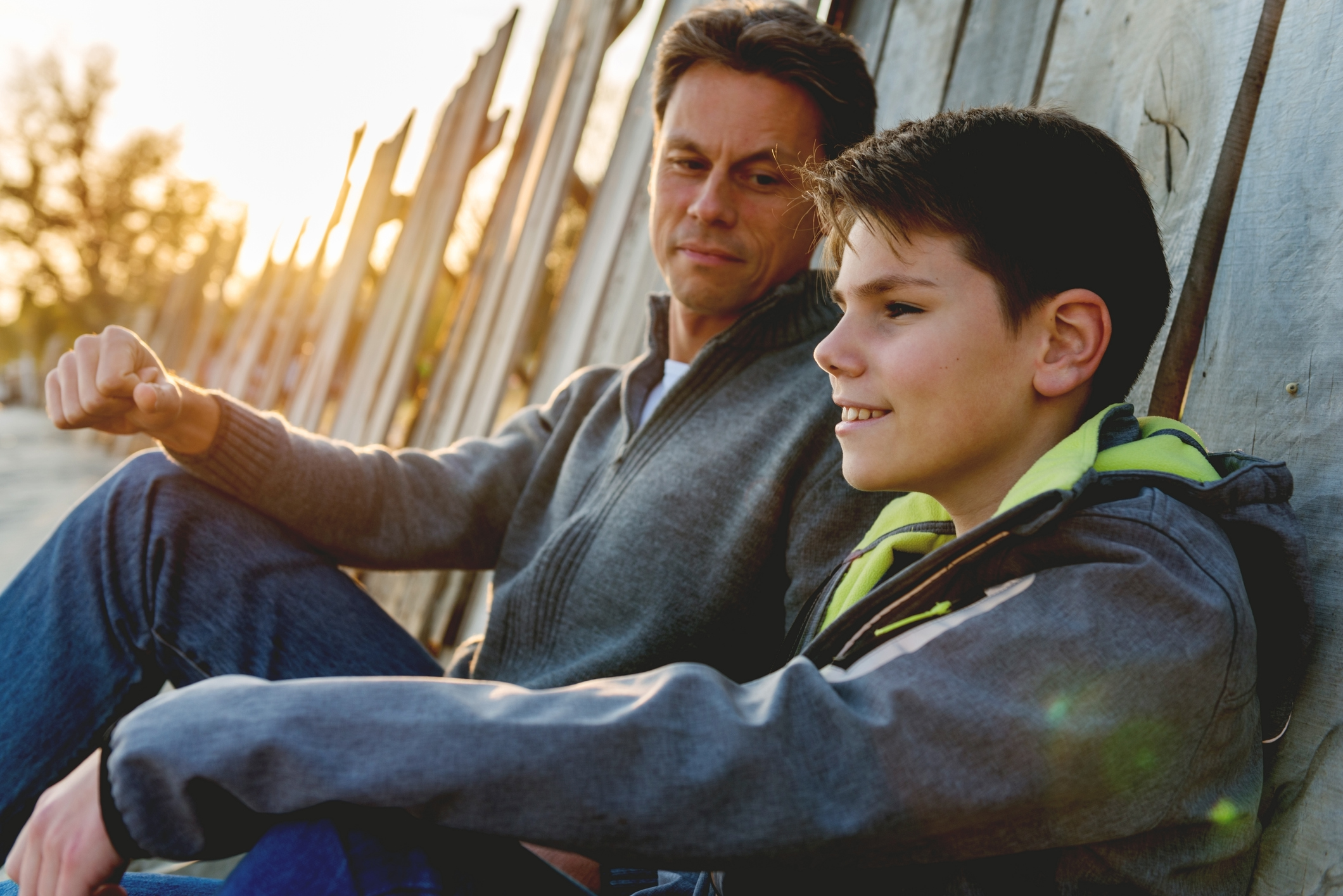
With the past year of school closures, quarantines, and canceled family gatherings, many of us have experienced waves of isolation due to limited time spent in person with family and friends. Parents hate to think that their child might be lonely. And let’s face it, loneliness isn’t healthy for kids or adults.
Few things are worse to a kid than feeling left out of a playgroup, or like they don’t have anyone to hang out with at lunch, or as if they’re invisible to their peers. Loneliness is hard. And it’s not something that we should ignore. Extended periods of loneliness can lead to social isolation, anxiety, despair, and even depression.
If your child is feeling lonely, here are four ways to help them cope:
1. Encourage feeling expression and remind them they are not alone.
Loneliness is well, lonely. And loneliness can make you believe you are on an island where not one person shares your thoughts and feelings. If you suspect your kid or teen is struggling with loneliness, ask directly about their feelings and try not to make assumptions about how you think they might be feeling. Offer younger (and perhaps even older) children words to describe general feelings of sadness or loss. Remind your kid or teen that everyone experiences loneliness from time to time—even you. Share how you have coped with loneliness in the past. For younger kids, offer an age-appropriate book about loneliness and be sure to provide some additional reassurance by way of extra hugs and cuddles during the day or at bedtime. With older kids, be sure to validate any and all feelings expressed including sadness, frustration, grief, and even anger. And for all kids, encourage them to explore creative ways he or she may be able to cope with loneliness and then brainstorm some activities that might help them to feel less alone.
2. Encourage quality time with peers and extended family.
Humans are created and wired for connection. Meaningful connections with family and friends helps to enhance your child’s sense of identity and belonging. As obvious as this suggestion may seem, it is important to encourage a lonely child’s peer and extended family connections in addition to time engaging with family at home. Quality time with friends and extended family members (e.g. grandparents and cousins) can help your kid or teen to create important bonds and special memories that extend beyond their immediate household. Younger kids may enjoy board games or picnic lunches at the park with neighbors or cousins. For older kids who have experienced an extended period of isolation, in addition to in-person activities, it may help to temporarily relax some rules around screen time. FaceTime, texting, Discord, and video gaming offers a simple way for tweens and teens to connect even when they are miles away.
3. Find purpose in the pause.
As frustrating (and even painful) as loneliness can be, some of the young people I’ve counseled over the years have described a period of creativity following a period of temporary isolation. And, in fact, having additional free time can spark some interesting and meaningful pursuits. One particular high schooler I worked with years ago started a YouTube channel following a hard break-up with her first love. Spending time engaging in meaningful activities can create structure in one’s day and help ignite passion and motivation. Encourage your child to find “meaning in the pause” by exploring various aspects of their personality through creating music or art, designing clothes, making a movie on their iPhone, baking, planting a garden—and yes, starting a YouTube channel. The time spent with self can also be useful for exploring new friend groups with diverse interests or investing time and effort in existing friendships.
4. Seek professional support.
Loneliness is an inevitable part of life. And it may take some time before your child’s feelings begin to change. However, chronic loneliness, when left untreated, can lead to more serious mental health challenges. That’s why it’s so important to be proactive and help your kid or teen sooner rather than later. If you notice significant changes in your kid or teen’s mood and behaviors over a two-week period of time, encourage him or her to talk to another family member, teacher, coach, or any other safe adult about their feelings. If you take steps on your own to help your child find more connections, but their loneliness persists, consider reaching out to your child’s pediatrician or a mental health therapist for a consultation.
During a health pandemic or not, the good news is that as a parent, you can take proactive steps toward warding off loneliness in your child. The first step is to pay attention to the signs and clues your child may be feeling lonely. I’ve listed seven events and behaviors that may signal your child is lonely here (blog coming soon!).





